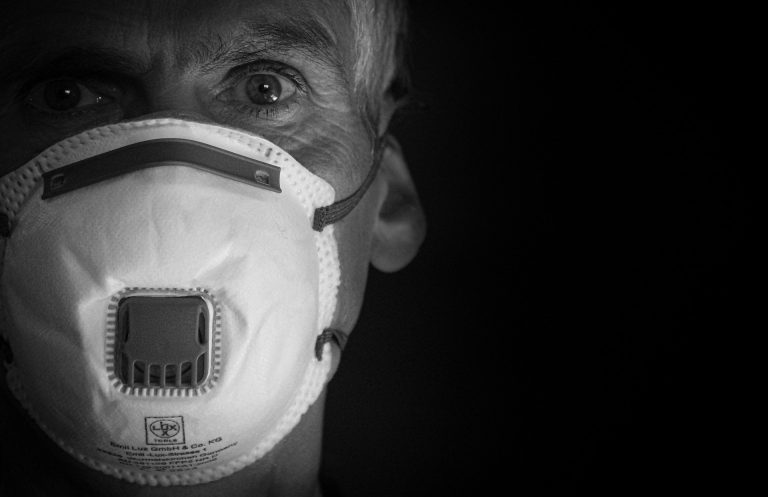Can COVID-19 Cause Diabetes?
Evidence is building up convincingly to support the theory that patients with an underlying health condition, like diabetes are far more likely to be seriously affected by COVID-19 than otherwise healthy people. According to data recently released by the Centers for Disease Control and Prevention in the United States, fewer than 2% of previously healthy people died from the infection, compared to nearly 20% with pre-existing conditions, most often heart disease, diabetes or lung disease. This is based on health data from 1.7 million coronavirus cases between January 22 and May 30 this year.
But a surprising claim is being made by a panel of 17 diabetes specialists from around the world: COVID-19 may be causing otherwise healthy individuals to develop diabetes for the first time. According to the scientists, there’s a two-way relationship between COVID-19 and diabetes that deserves our attention. On one hand, having diabetes increases the risk of severe COVID-19 symptoms. On the other, COVID-19 seems to cause new-onset diabetes and severe metabolic complications of preexisting diabetes, including diabetic ketoacidosis and hyperosmolarity for which exceptionally high doses of insulin are warranted.
Diabetes develops when the body’s ability to regulate blood glucose levels breaks down. This can be caused by damage to beta cells in the pancreas that produce the hormone insulin, known as type 1 diabetes, or from the body becoming insensitive to the hormone, which leads to type 2 diabetes.
In the past, viral infections have been linked to the first time a patient had diabetes symptoms, as viral infections may trigger the destruction of the insulin-producing islet cell “factories” in the pancreas, setting up a chronic autoimmune response. There are recorded cases of acute diabetes developing during mumps and enterovirus infections as well as significant evidence linking one particular enterovirus (Coxsackie-B1), with classical autoimmune type 1 diabetes.
The researchers also cite a case report from a hospital in Singapore of a previously healthy man who developed diabetic complications after contracting COVID-19. In addition, a 2010 study of 39 patients who were receiving treatment for severe acute respiratory syndrome (SARS) in a Chinese hospital indicated that 20 of these hospitalized patients developed diabetes for the first time.
To address these issues, an international group of leading diabetes researchers have established a global registry of patients with COVID-19–related diabetes. With the registry, they aim to establish the extent and characteristics of new-onset COVID-19 related diabetes and to investigate its pathogenesis, management, and outcomes. The scientists hope that given the short history of human contact with COVID-19, the registry will help us to better understand how COVID-19 related diabetes develops, its natural history and its best management.
There are still many questions unanswered. As Paul Zimmet, professor of diabetes at Monash University in Melbourne, Australia, and a co-lead investigator in the project said: “We don’t yet know the magnitude of new-onset diabetes in COVID-19 and if it will persist or resolve after the infection, and if so, whether or not COVID-19 increases risk of future diabetes. By establishing this global registry, we are calling on the international medical community to rapidly share relevant clinical observations that can help answer these questions.”









